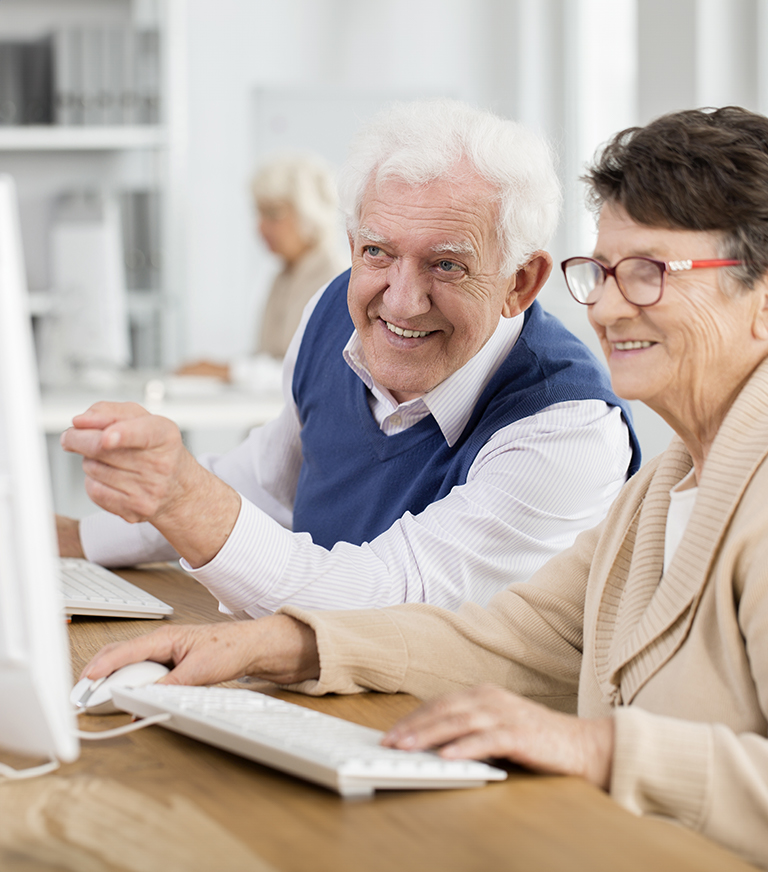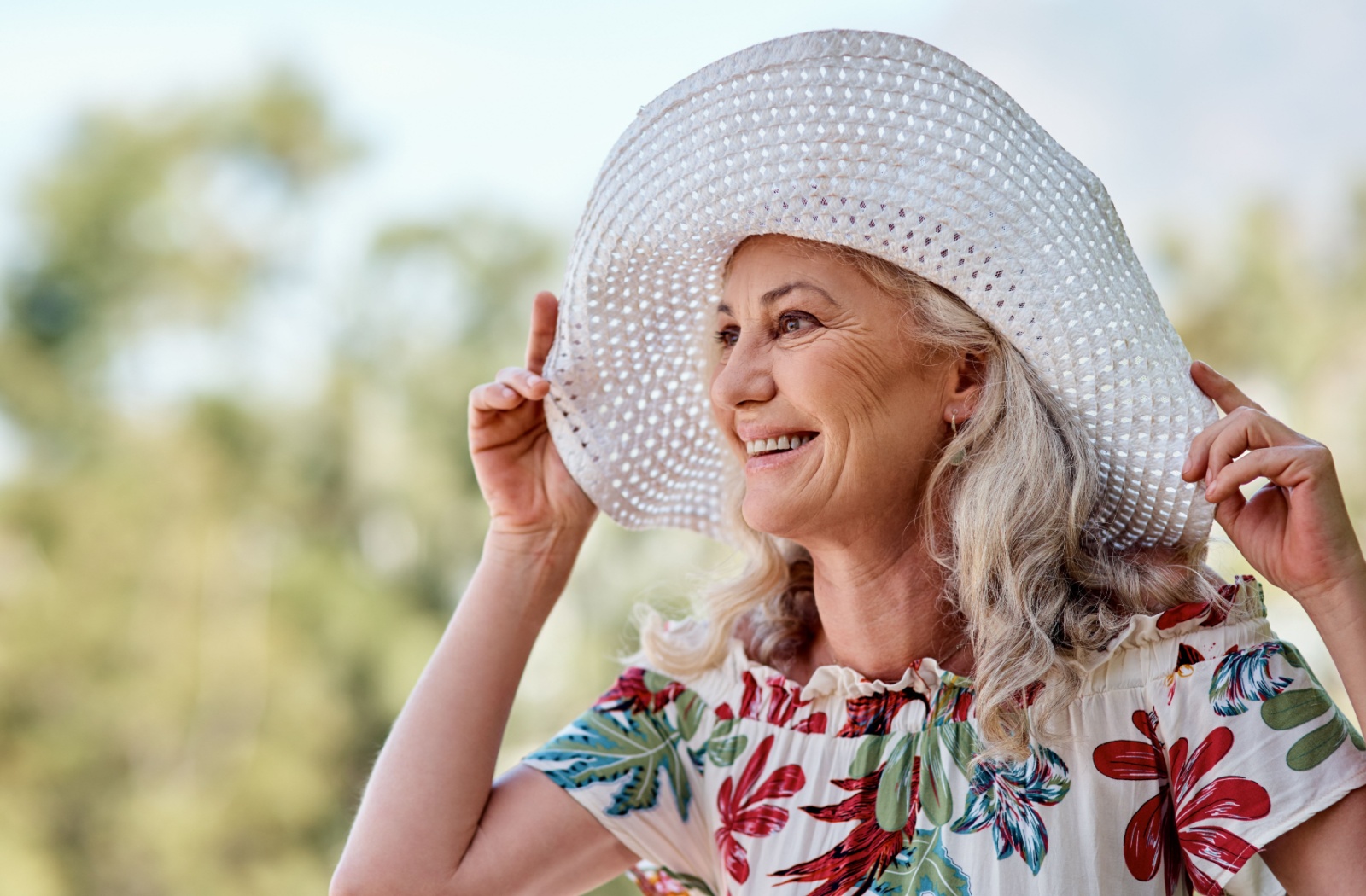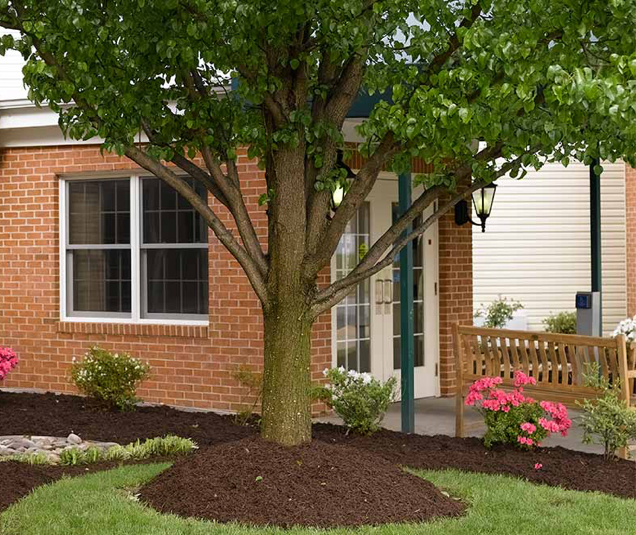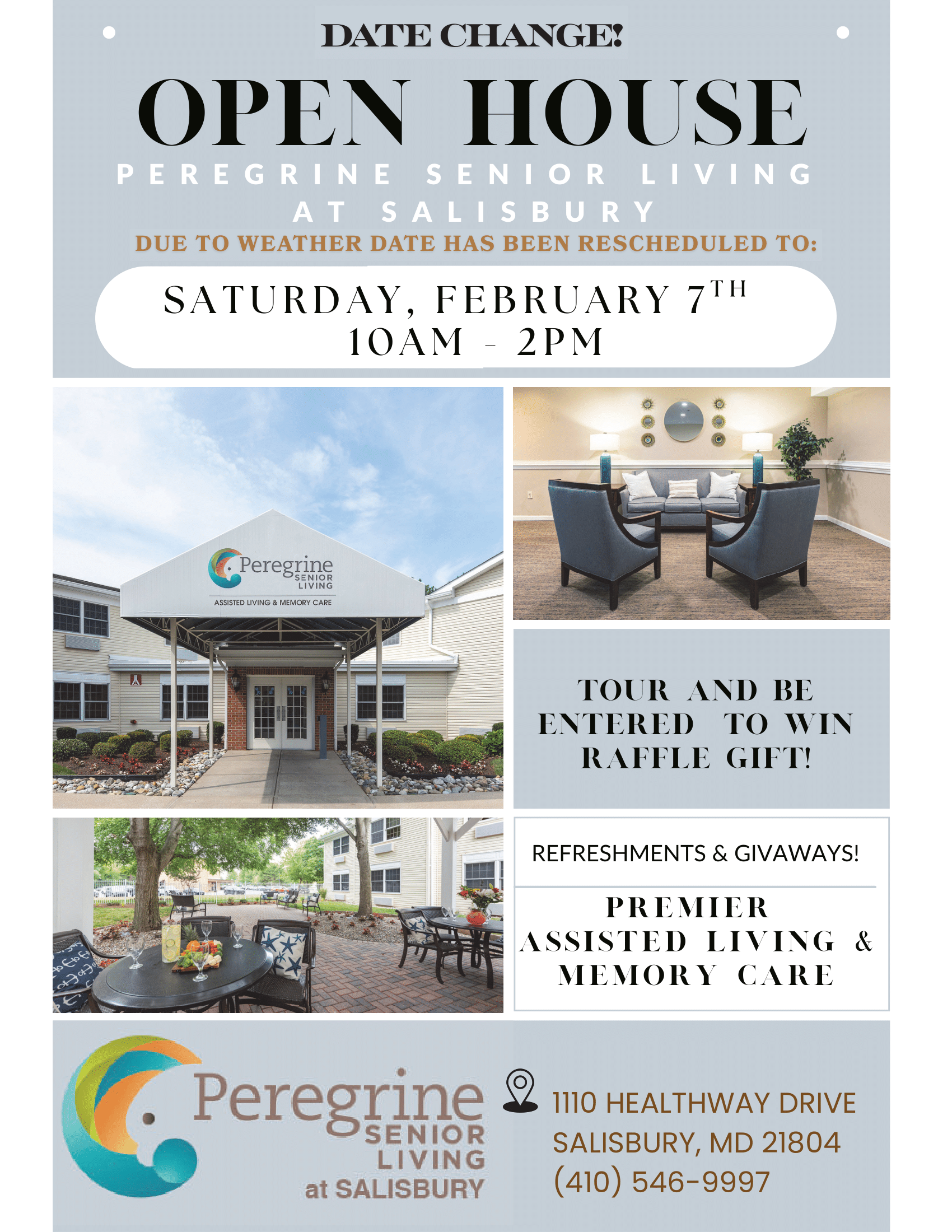Summer should be a time for enjoying sunshine, fresh air, and the season’s simple pleasures. But when temperatures rise, older adults may need to take a few extra steps to stay safe. Simple habits like staying hydrated, dressing for the weather, and knowing when to rest can help seniors stay cool and comfortable, even on the hottest days.
Whether you’re caring for a loved one or planning for yourself, these 5 practical tips can help make the summer months safer and more enjoyable.
1. Stay Hydrated
One of the most important ways to prevent heat-related illness is drinking enough water throughout the day. Older adults may not feel thirsty as often or as intensely as they once did, but that doesn’t mean their bodies don’t need hydration.
Tips for staying hydrated:
- Keep a refillable water bottle close by and sip regularly
- Add fresh lemon, mint, or cucumber to your water for a flavour boost
- Opt for water-rich foods like watermelon, cucumbers, and berries
- Limit caffeine and alcohol, because it can contribute to dehydration
Watch for signs of dehydration, including dry mouth, dizziness, dark urine, or confusion. These symptoms shouldn’t be ignored, especially during hot weather.
2. Dress for the Weather
Clothing choices play a big role in how the body handles heat. The right fabrics and styles can help keep you cool and protect your skin from the sun.
Here’s what to wear:
- Lightweight, loose-fitting clothes made of breathable fabrics like cotton or linen
- Light-colored clothing to reflect the sun’s rays
- A wide-brimmed hat to shield your face and neck
- Sunglasses with UV protection to help protect your eyes
Choose clothing that covers more skin but still feels light and airy. This can help prevent sunburn while also promoting airflow.
3. Time Your Outdoor Activities

There’s no need to avoid going outside altogether, but it’s important to plan your time outdoors carefully. The sun is strongest between 10 a.m. and 4 p.m., so that’s when the risk of overheating is highest.
To stay safe:
- Schedule walks, gardening, or errands for the early morning or evening hours
- Find shady spots to rest if you’re outside during the day
- Use an umbrella or canopy if natural shade isn’t available
If you or a loved one needs fresh air during the hottest part of the day, consider visiting indoor, air-conditioned spaces. In many senior communities, group activities or events are planned in climate-controlled areas during peak heat hours, allowing residents to stay social and active while staying cool.
4. Keep Your Home Cool & Comfortable
Comfort plays a big role in staying safe during extreme heat. Senior living communities often offer features that help residents maintain a cool indoor environment, including air-conditioned suites, shaded common areas, and designated spaces to relax during the hottest parts of the day.
Even with these comforts, simple strategies can help manage indoor temperatures:
- Close blinds or curtains during peak sun hours
- Use fans to keep air moving
- Let in cooler air during early morning or evening hours
- Avoid using heat-generating appliances like ovens mid-day
Having reliable access to comfortable indoor spaces makes it easier to stay well during summer and enjoy the season safely.
5. Know the Warning Signs of Heat-Related Illness
Being aware of the signs of heat exhaustion and heat stroke can make the difference in an emergency. These conditions can escalate quickly, especially for older adults and those with chronic health conditions.
Symptoms of heat exhaustion may include:
- Heavy sweating
- Weakness or fatigue
- Dizziness or fainting
- Headache or nausea
- Cool, pale skin
If untreated, heat exhaustion can progress to heat stroke, which is a medical emergency. Seek immediate medical attention if you or someone else has a high body temperature (103°F or higher), red or hot skin that may feel dry or damp, a rapid pulse, confusion or slurred speech, or becomes unconscious.
While waiting for help, move the overheated person to a cooler area, apply cool cloths to their skin, and avoid giving them fluids if they’re confused or unable to drink safely.
Cooling Down After Overheating
Even with the right precautions, overheating can still happen, especially during unexpected heat waves or while traveling. If you or a loved one starts to feel lightheaded, unusually tired, or nauseated, it’s important to act quickly. Move to a cooler environment, rest, and sip on water or an electrolyte drink.
Keep in mind that heat safety depends a bit on a person’s circumstances. Age, chronic health conditions, medications, and mobility challenges can all affect how someone responds to heat. If you’re supporting an older adult, it’s a good idea to talk with their healthcare provider about personalized summer safety strategies.
Stay Safe & Enjoy the Season
Summer is a time to enjoy life’s simple pleasures, but when temperatures climb, comfort and safety become even more important. Whether you’re spending time with family, relaxing outdoors, or staying cool inside, a few small changes can make the season more enjoyable. If you or a loved one would benefit from a little extra support this summer, Peregrine at Salisbury offers a welcoming environment and compassionate care. Get in touch to learn more about how we help residents stay comfortable, connected, and cared for all year long.













February is American Heart Month, a time to focus on caring for the muscle that keeps us moving and thriving. 🫀
We encourage residents to take heart-healthy steps every day: enjoying balanced meals, staying active, connecting socially, and taking moments to rest and recharge.
Together, we can make heart health a daily celebration of life and well-being.
peregrinesalisbury.com/ ... See MoreSee Less
0 CommentsComment on Facebook
Want to stay connected with what’s happening across our community?
Follow us on Instagram for updates, moments we love, and stories worth sharing.
Come join the community by following us via the link below ⬇️
www.instagram.com/peregrinesalisbury/ ... See MoreSee Less
0 CommentsComment on Facebook
“Cooking is love made edible.” - Unknown 🍕
Memory Care residents made personalized pizzas for National Pizza Day! ... See MoreSee Less
0 CommentsComment on Facebook
Happy hour with Benny Rosa ... See MoreSee Less
0 CommentsComment on Facebook
Like flowers, we can also choose to bloom." — The Goddess
Assisted Living Residents made tissue flowers 🌸 ... See MoreSee Less
0 CommentsComment on Facebook
This month, we celebrate the incredible achievements, resilience, and cultural richness of Black Americans who have shaped our history and continue to inspire our future.
We believe in honoring every story and embracing the diverse experiences that strengthen our community. May this month remind us all to listen, learn, and uplift—today and always.
peregrinesalisbury.com/ ... See MoreSee Less
0 CommentsComment on Facebook
... See MoreSee Less
0 CommentsComment on Facebook